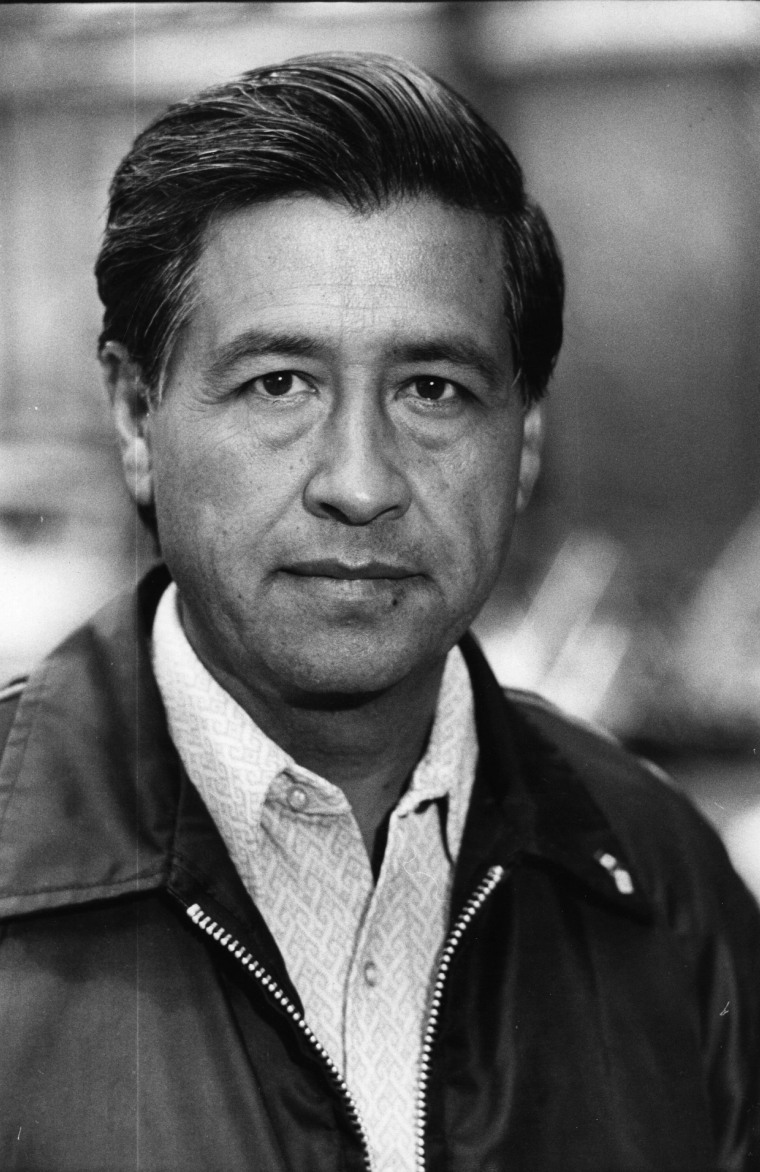The social and political unrest of the Civil Rights movement characterized and defined the decade of the 1960s. From Martin Luther King’s March on Washington in 1963, to the televised police assaults on blacks in Birmingham, Alabama, with police dogs and water hoses, to the bombing of a black Birmingham church that killed four young girls, to the murders of civil rights workers Goodman, Chaney and Schwerner in Mississippi, the decade became a testament to the social, political and economic realities of violent and deep-seated racial hatred. In 1964, the massive Mississippi voter registration drive "Freedom Summer" increased black registered voters from 7% to 67% of those eligible in the five years after civil rights organizers first arrived.
Three weeks in March of 1965 marked the height of the modern civil rights movement, culminating in the Selma-to-Montgomery March for voting rights. On "Bloody Sunday," March 7, 1965, some 600 civil rights activists marched east on U.S. Route 80 out of Selma. They had traveled only six blocks to the Edmund Pettus Bridge when state and local lawmen attacked them with billy clubs and tear gas and drove them back into Selma. Martin Luther King, Jr. led a "symbolic" march to the bridge two days later on March 9. Civil rights leaders then sought court protection for a third, full-scale march from Selma to the state capitol in Montgomery; Federal District Court Judge Frank M. Johnson, Jr. ruled in favor of the demonstrators. Two weeks later, on Sunday, March 21, around 3,200 marchers set out for Montgomery, walking 12 miles a day and sleeping in fields. Their ranks had swelled to 25,000 by the time they reached the capitol on Thursday, March 25. Less than five months later, President Lyndon Johnson signed the Voting Rights Act of 1965.
The war in Vietnam provided a backdrop for race and racism that grew out of a long history of European and U.S. colonialism in Asia. In 1961, the U.S. became involved in the civil war in Vietnam, which had been under French colonial rule. However, by the late 1960s, with hundreds of thousands of troops in Vietnam, anti-war sentiment in the U.S. brought about protests across the country.
In 1965, Mexican American civil rights activist César Chávez and the National Farm Workers Association (NFWA) led California grape-pickers in a strike to demand higher wages. In 1966, Chávez and supporters marched from Delano to the state capital at Sacramento, and called for Americans to boycott grapes in support of farm workers. The strike, which lasted five years, garnered national attention about the plight of the mostly Mexican migrant workers and their exploitation. The effort resulted in the first major labor victory for U.S. migrant workers. In similar movements in South Texas in 1966, United Farm Workers—formerly NFWA—marched to Austin, Texas, in support of melon workers and UFW workers’ rights. In 1969, Chávez and UFW members protested growers’ use of illegal immigrants as strikebreakers by marching through the Imperial and Coachella Valley to the Mexican border. The UFW organized strikes and boycotts in the early 1970s to get higher wages from grape and lettuce growers. Chávez led a boycott in the 1980s to protest toxic pesticide use on grapes. Chávez’ strike and boycott efforts resulted in signed bargaining agreements protecting farm workers.
In 1965, riots erupted in Watts, a black Los Angeles neighborhood.
In 1967-68, riots occured in Detroit, Newark and other major cities, some in response to the assassination of Martin Luther King in Memphis in April 1968.
In 1968, anti-war protests disrupted the Democratic National Convention in Chicago as opposition to the war in Vietnam grew.
In 1975, at the end of the Vietnam War, thousands of refugees migrated from southeast Asia to the U.S., in what became the first of several waves of Asian refugees seeking political asylum. Critics have argued that the U.S. immigration service began to selectively employ political asylum refugee status in a way that was racially biased.
